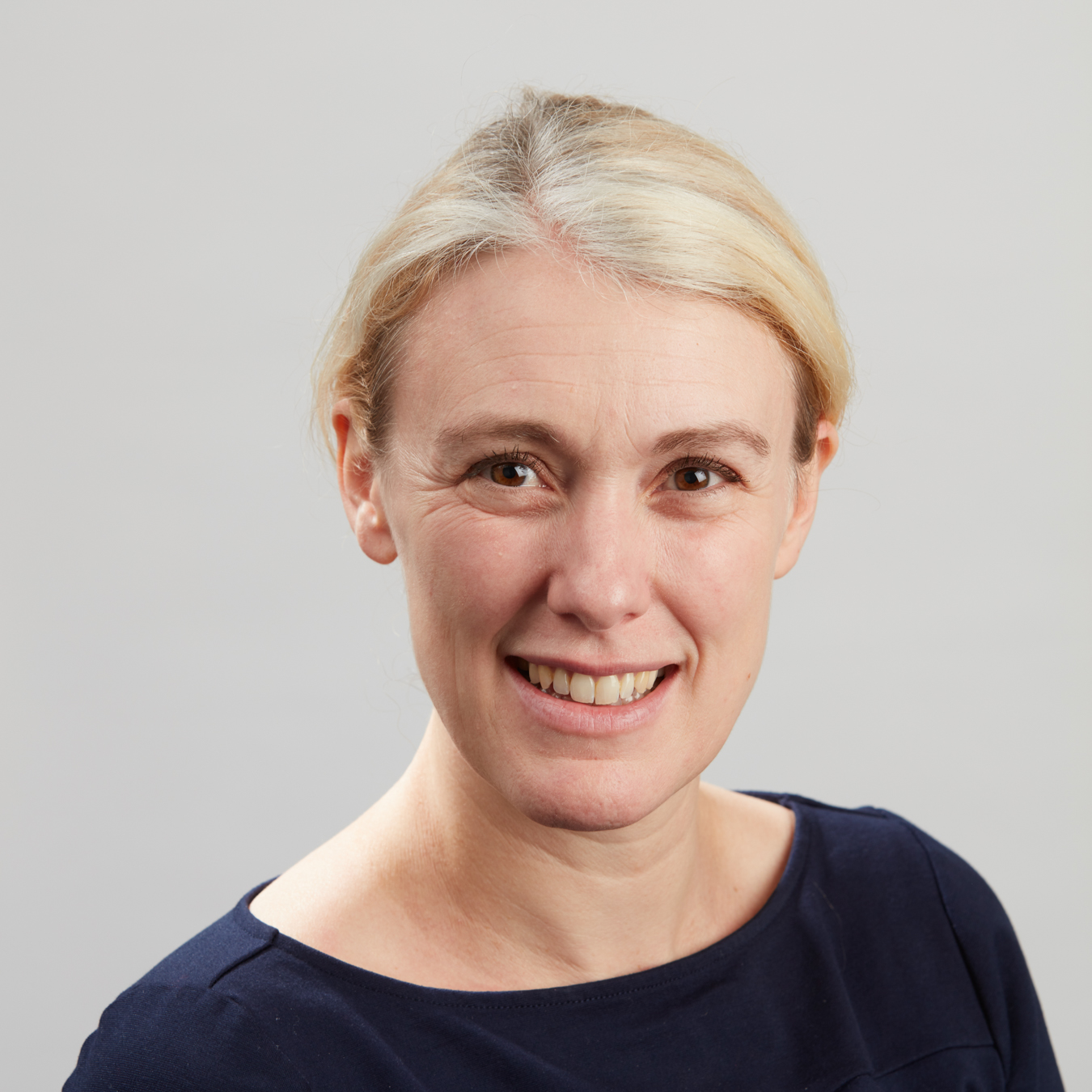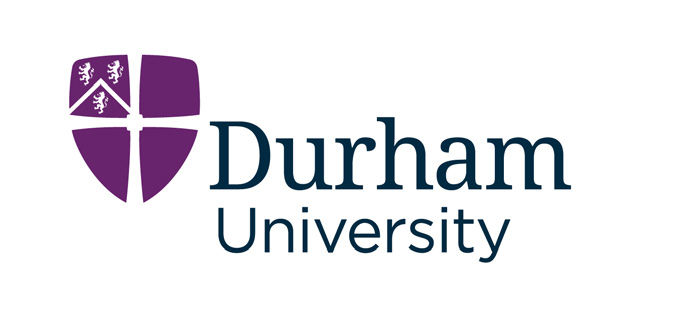
This research aims to address questions around the implementation, measurement, and success of Global Citizenship Education (GCE) as a response to the global challenges of the twenty-first century. GCE aims to foster peaceful, inclusive, tolerant, sustainable, and socially just societies; yet despite its centrality in international policy discourse and academic research, the impact of GCE on young people’s attitudes towards inequalities in society or human rights remains relatively unexplored.
Authors
Oakleigh Welply
Assistant Professor, Durham University
Dr. Oakleigh Welply is Associate Professor of Education at the School of Education, Durham University. She graduated from Sciences Po Paris and received her PhD in Sociology of Education from the University of Cambridge. Before joining Durham University, she was a lecturer at the Faculty of Education, University of Cambridge. Her main areas of research and teaching include Global Citizenship Education; migration, mobility, diversity and language; immigration and education in France and England, and the development of cross-national methodologies for research with diverse communities in European countries.
Abderrahim Taamouti
Professor, Durham University
Professor Abderrahim Taamouti holds a PhD in Economics from the University of Montreal, Canada. Before joining Durham University Business School in 2014, Abderrahim held the position of Associate Professor of Economics at Universidad Carlos III de Madrid in Spain. His fields of specialization are Econometrics and Finance. He mainly works on Granger causality analysis, hypothesis testing, nonparametric estimation and testing, asset pricing, portfolio selection, and risk management.

Gabriel Bracons Font
Research Assistant, Durham University
Gabriel Bracons Font received his degree in Economics from the Universitat Pompeu Fabra (UPF) in Barcelona. He has a Masters Degree in Economics from Barcelona Graduate School of Economics and a Master of Arts from Columbia University, New York. He is currently a Research Assistant at Durham University. His main areas of interest are political economy and macroeconomics.






